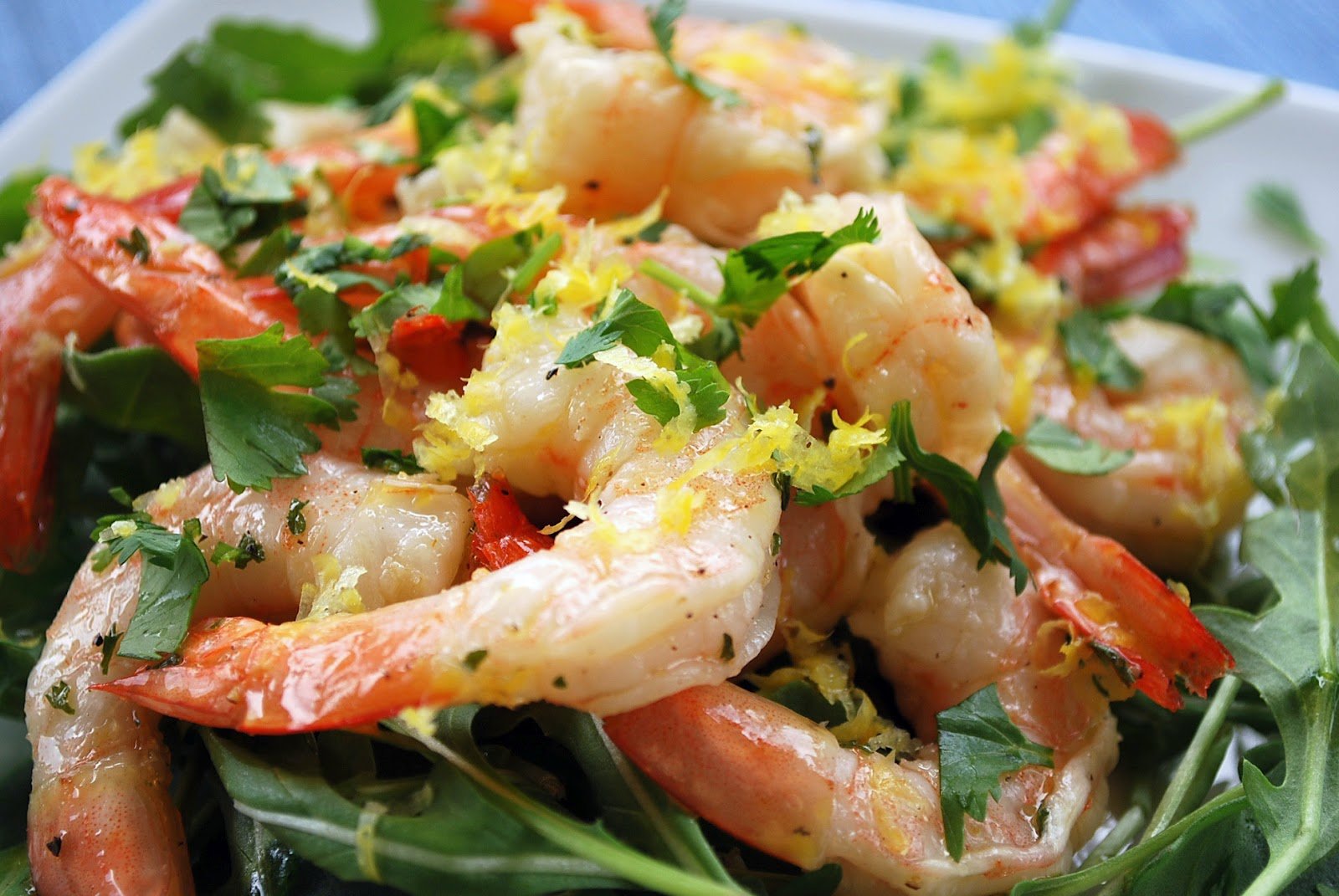As you prepare fish for baking, grilling, or frying, a marinade with olive oil can tenderize the fish to its softest and juiciest form. The process of marinating fish in an infused oil allows the fish to soak in the seasonings and liquids you add to the marinade, creating a truly delicious meal. Depending on the fish you use, marinating can take the fish to a new level of flavor.

How to Apply a Marinade
Once you have prepared your marinade, rub it over the fish and seal the container tightly, placing it inside the refrigerator to marinate. Never let the fish sit at room temperature to marinate, as bacteria can grow on the surface.
Before you serve the fish, rinse off the marinade, and pat the fish dry with paper towels. If you will be cooking the fish, the marinade can remain on the fish, depending on your cooking method. If you have any leftover marinade that you did not use to marinate your fish, you can use it as a dipping sauce.
How Are Marinades Used?
When it comes to fish and seafood, it is possible to marinate carefully cut selections without heating the meat. The natural acid in a well-made marinade coagulates proteins, preparing your fish for consumption without heat. Specifically, marinades used for pickling preserve the seafood, so it is ready to eat without taking additional steps. Still, you can marinate your fish before cooking it to ensure it is flavorful.
The types of marinating liquids vary depending on what kind of fish you are using. Typically, fish marinades have an acidic base made from citrus juice, wine or vinegar, which you can pair with olive oil for flavor and texture. After creating the liquid base, you can add herbs and spices that pair well with the fish — onion, garlic and parsley are just a few examples. From there, you can incorporate specific ingredients, like soy sauce, to achieve a certain flavor profile.
As you prepare your marinade, keep in mind how you plan to prepare the fish. If you want to grill the fish, you will likely need to use a marinade with a high olive oil content because of the high cooking temperature. Alternatively, when preparing raw fish like sushi, you will typically make a highly acidic fish marinade.
Overall, how you marinate seafood depends on the kind of fish you are using and how you plan to cook it — you have many options to elevate your meal.
How To Marinade Your Fish
Do you need a marinade for fish & seafood?
Even tender foods like fish and seafood can benefit from a good marinade. Marinades keep fish and seafood from drying out and the oil in the marinade helps keep them from sticking.
How long should you marinate seafood?
Keep marinating times for seafood between 15 minutes to one hour. Don’t freeze meats in their marinade. Prolonged exposure to the acids in the marinade combined with damage from ice crystals can cause the meat to become mushy. Don’t be afraid to experiment with new flavors and ingredients. Marinades offer endless opportunities for flavor.
How do you marinate seafood?
Simple combinations like olive oil and lemon juice or soy sauce and ginger can be quickly whipped up for last-minute seafood marinating. Are there any health benefits to marinating seafood? Marinades can enhance the flavor without the need for excess salt or fat, making it a healthier option.
Can You marinate fish for a long time?
Firm fish like halibut, tuna, marlin, or sturgeon can handle stronger marinades for longer periods of time. On the other hand, flaky fish like salmon, trout, and cod should not be marinated for long and require a milder marinade. The first step in marinating fish is choosing the right type of fish.
